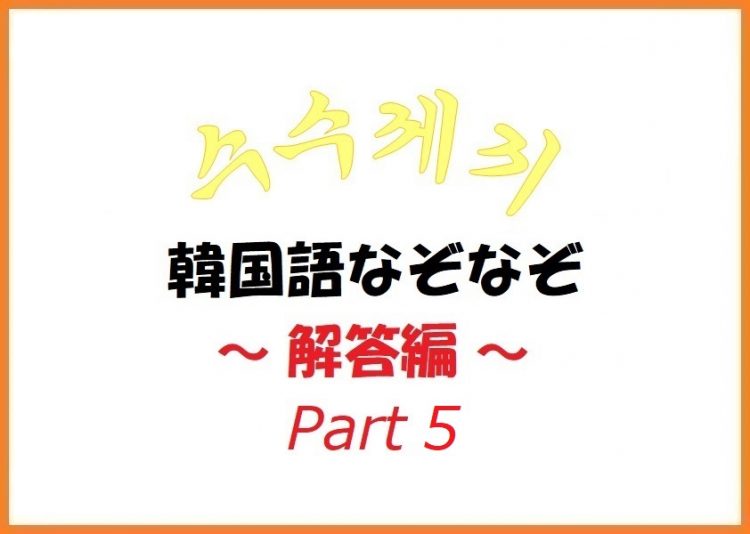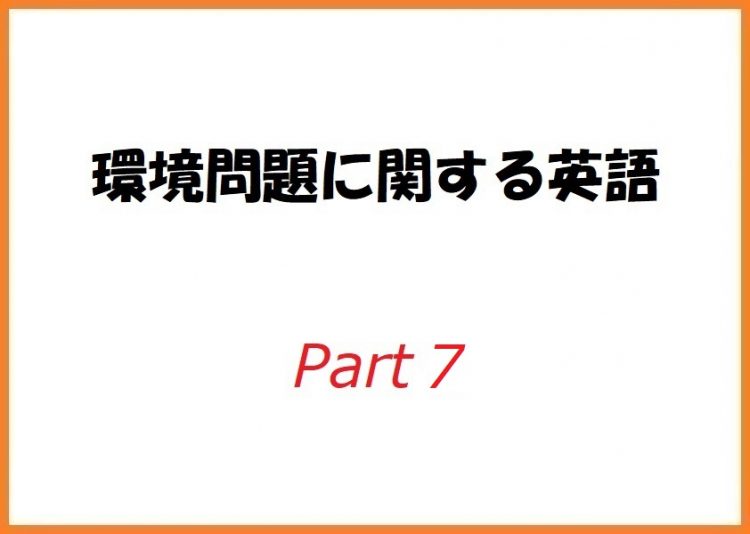English for Technical Terms Series: Corporate Accounting Part 2

Part 1, which was published on January 12, received a great response from readers, so we quickly created Part 2. Part 1 was intended for global companies with overseas offices, but this time we have gathered English expressions that can be used well by corporations doing business only in Japan.
|
revenues |
expenditures |
|
expenditures |
revenues |
|
final accounts |
final accounts |
|
accounting |
financial management |
|
claims |
claims |
|
liabilities |
obligations |
|
national government bonds |
national government bonds |
|
cash |
cash |
|
precious metals |
precious metals |
|
securities |
securities |
|
juridical persons |
juridical persons |
|
subsidies |
subsidy |
|
subsidy |
aid |
|
incentive |
incentive |
|
loan |
loan |
|
indemnity |
indemnity |
|
financial assistance |
financial assistance |
|
statements of accounts |
statements of accounts |
|
documentary evidence |
documentary evidence |
|
electromagnetic records |
electromagnetic records |
|
delay in payment |
delay in payment |
|
reimbursement |
indemnity |
|
interested party |
interested party |
What is the difference between a subsidy and a grant?
I would like to explain by quoting the original and translated texts here.
Japanese:
Accounting for subsidies, incentives, grants, etc., or financial assistance such as loans, compensation for losses, etc., provided directly or indirectly by the government.
English: Accounts of an entity that the State has directly or indirectly granted a subsidy, incentive, or aid, or extended other financial assistance such as a loan or an indemnity
Source: Act on the Board of Audit, Article 23, Paragraph 3.
We have checked with our English translator,
First of all, there is a difference between a subsidy and a grant in Japanese,
There seems to be little difference between a subsidy and a grant.
The budget for a grant is fixed and there is a limit to the number of grants that can be received. Grants, on the other hand, have a set requirement to receive them, and as long as you meet that requirement, you are almost guaranteed to receive the grant."
This is only an institutional difference, and the English term aid/subsidy does not encompass institutional differences, so it can be used either way.
The Oxford Dictionary of American Languages defines each as follows
aid: financial or material help given to a country or area in need
subsidy: a sum of money granted by the government or a public body to assist an industry or business so that the price of a commodity or service may retain low or competitive
Aid refers to relief supplies to a country or area in need of subsidy: a sum of money granted by the government or a public body to assist an industry or business so that the price of a commodity or service may retain low or competitive.
If we consider subsidies to be "aid to increase competitiveness" and grants to be "other general aid," it is safe to interpret the former as "subsidy" and the latter as "aid.
However, the New Japanese-English Dictionary states
Subsidy: a subsidy, a grant-in-aid, a grant of money
subsidy: a (promotional) subsidy, a grant, a (government) grant-aid
There is no major difference between the two.
This was the case.
We have dictionary data that is useful in the business field, focusing on legal, financial, and other fields.
We will release some of them upon request from our readers, so please feel free to contact us.
Contact: newsletter@kodensha.jp












